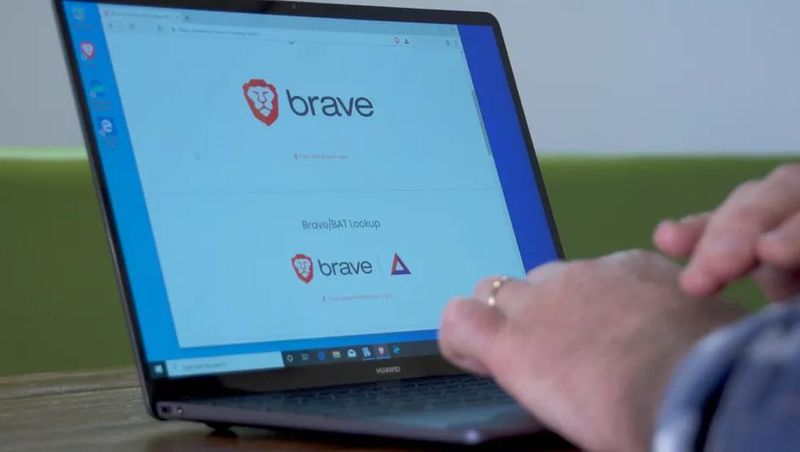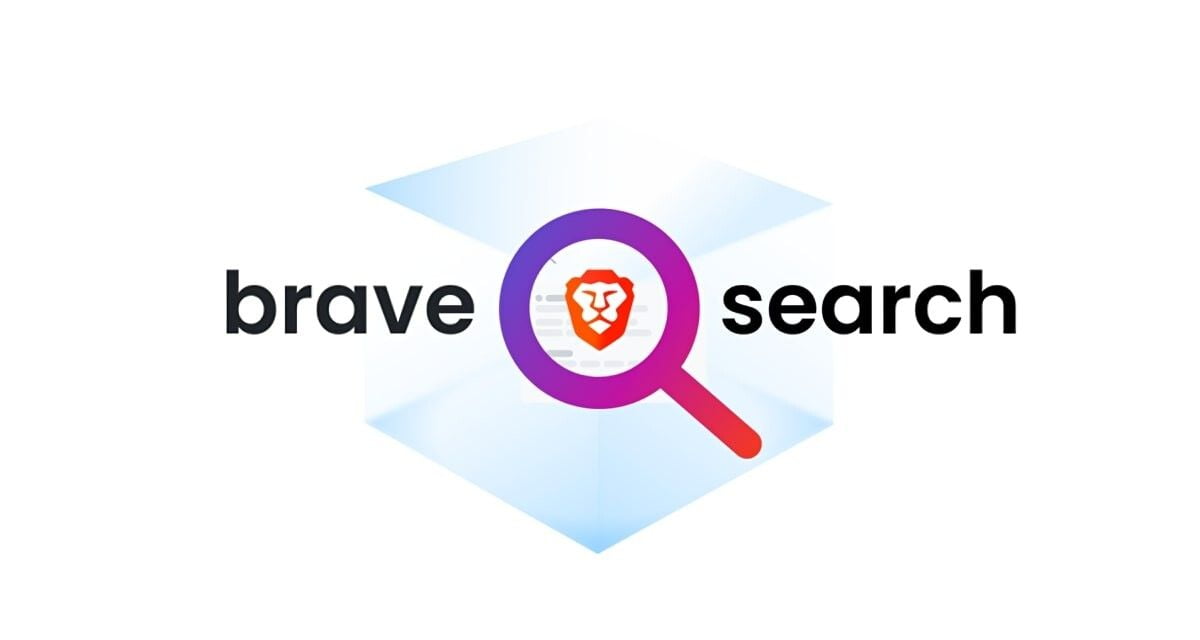The software company Brave is best known for its web browser of the same name, which has built up a growing community of users attracted by its commitment to privacy. But now it has announced the acquisition of Tailcat, giving it its search engine.
Brave, which already owns a newsreader (Brave Today), a video conferencing app (Brave Together), an online advertising platform (Brave Ads), and the Brave Firewall+VPN service, intends to convert Tailcat into ‘Brave Search’, its new search engine.
Until now, Tailcat was merely an internal project developed by Cliqz to implement it in its browser, a fork of Firefox also focused on privacy and which will not be further developed, although its team of developers will be incorporated into Brave.
First mission: To attract users of Brave browser to the search engine
Once the transition to the new brand is complete, Brave is hoping to convince Brave’s more than 25 million active users (up from 11 a year ago) to end up using its new search service, which will have the same pro-privacy orientation as the rest of its product portfolio.

However, Brave will not attempt to curtail users’ freedom of choice by forcing the use of its search engine, but will simply insert it into the list of search engines that they can choose from after registration, which already includes Google and alternatives such as Bing, Qwant, Ecosia, etc.:
“We will continue to support ‘open search’ with multiple alternative engines.”
So, to convince users, the company has assured that Brave Search will refrain from tracking or profiling its users (i.e. it will keep the same approach as Tailcat); And that there will be the option to pay in exchange for hiding ads in it.
What’s more, they have put on the table the possibility of putting an end to the debate about result bias by leaving the sorting of results in the hands of a system managed by the user community itself.
“Because of its transparent nature, Brave Search will address algorithmic biases and avoid outright censorship.”
“Under the hood, almost all current search engines are either built on or rely on, results from Big Tech companies. In contrast, Tailcat’s search engine is built on a completely independent index, capable of delivering the quality people expect but without compromising their privacy.”
A CEO with a clear vision for a new digital ecosystem
Brendan Eich, Brave’s CEO, argues that Brave Search has a lot to offer that its rivals do not:
“Google’s ‘long tail’ is hard for any engine to beat [but] there are areas where Google is falling behind: it’s hard for them to innovate in search when that’s their main source of revenue.”
“They are risk-averse in experimenting with new techniques or applying transparency, as well as being under pressure from shareholders to position their products in the scarce space on the results page.”
Eich seems to be creating a new digital ecosystem around privacy driven by two very clear convictions: that the demand for greater privacy is very real and will not go out of fashion’ in the medium term, and that the big Silicon Valley companies have no interest in actually responding to that demand.
“I think privacy is here to stay, and that now the question is how are we going to implement it and market it effectively. If you don’t market it, you can lose to someone who just puts privacy perfume on a pig and then tells you it smells great and tastes delicious.”





